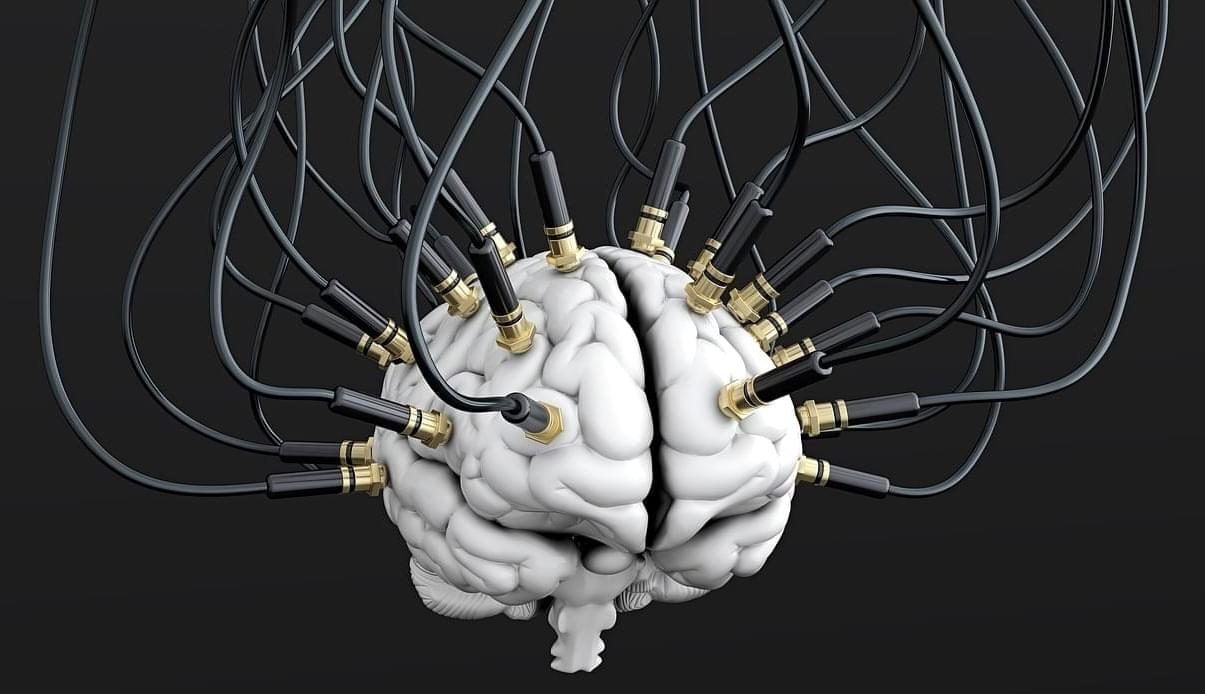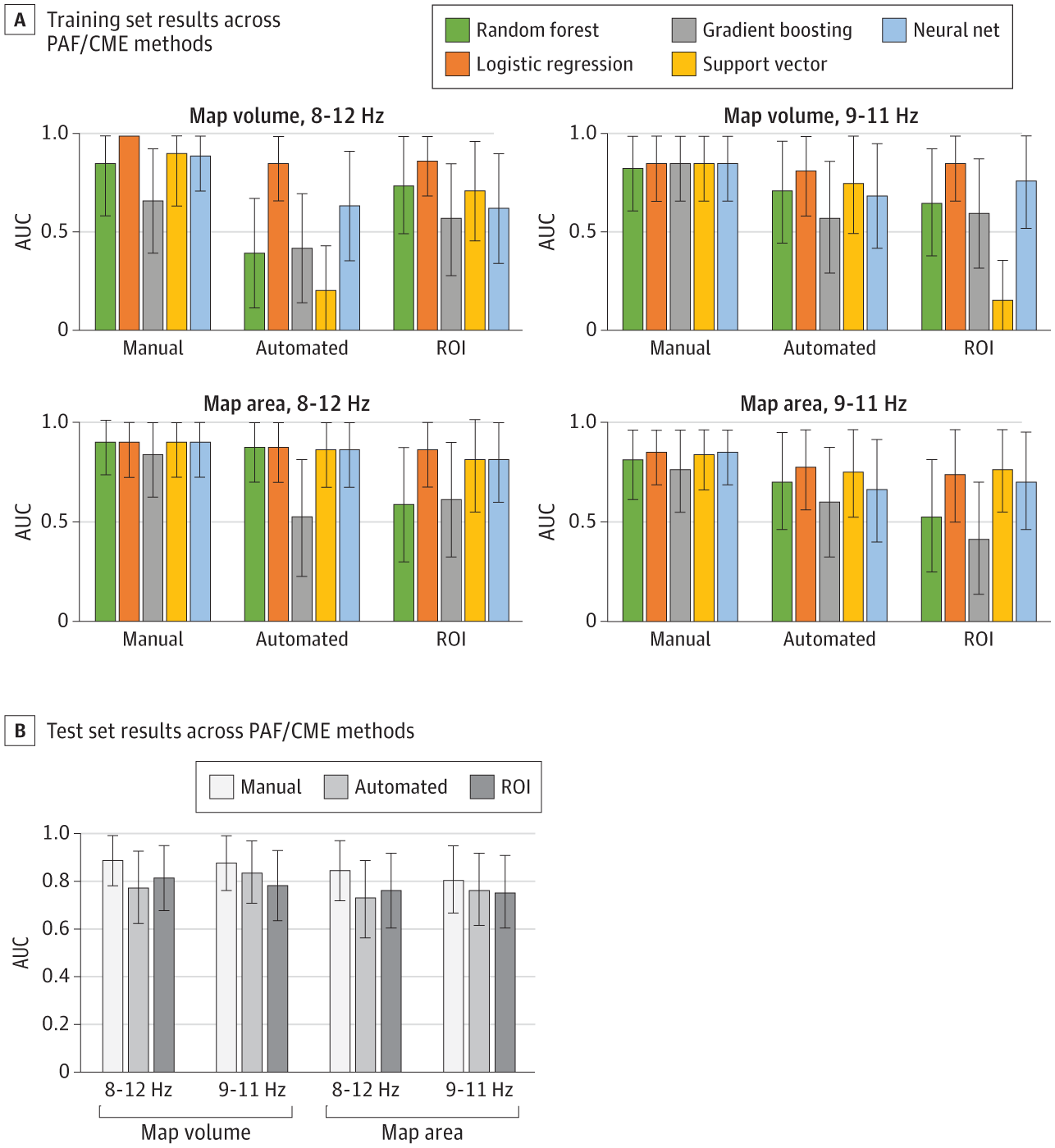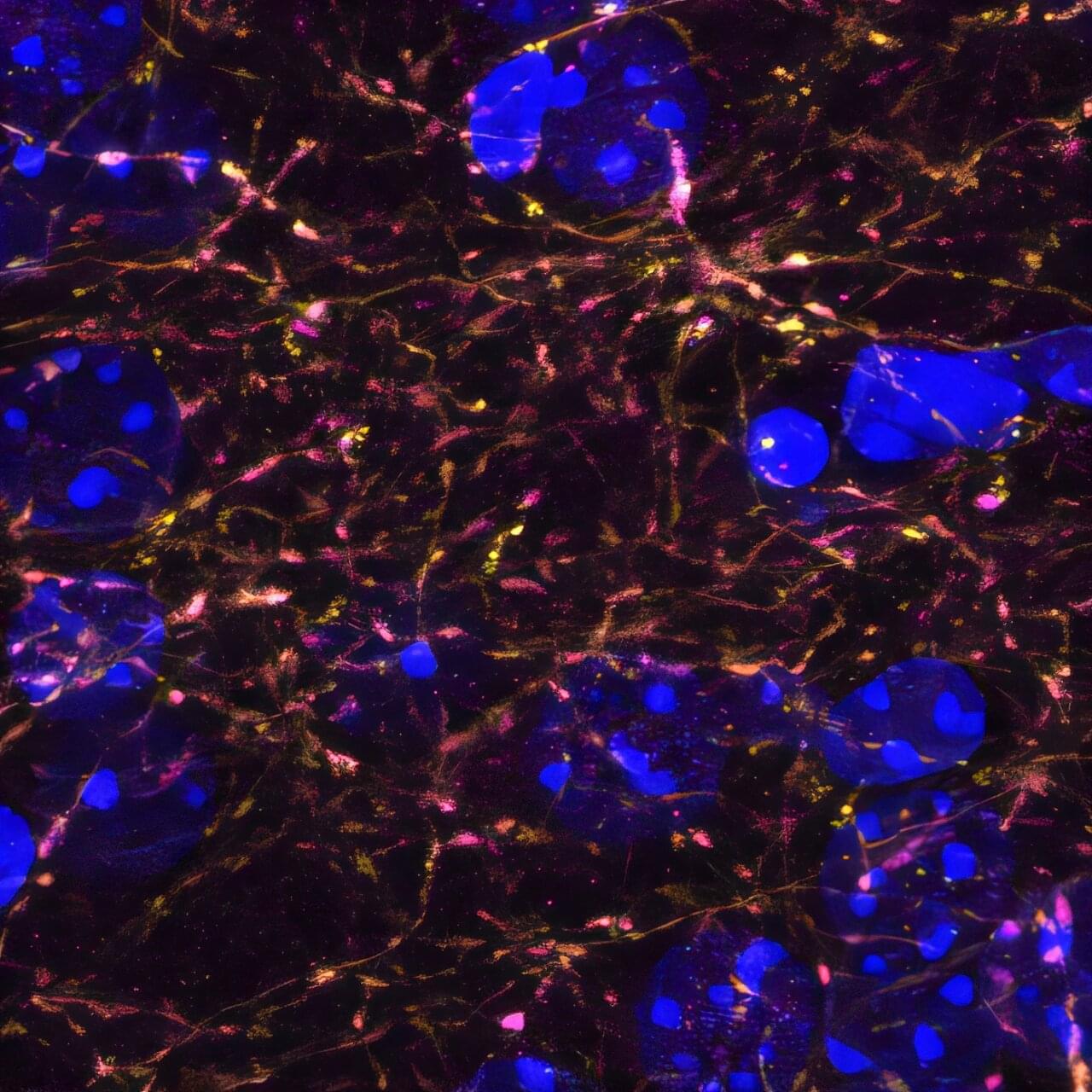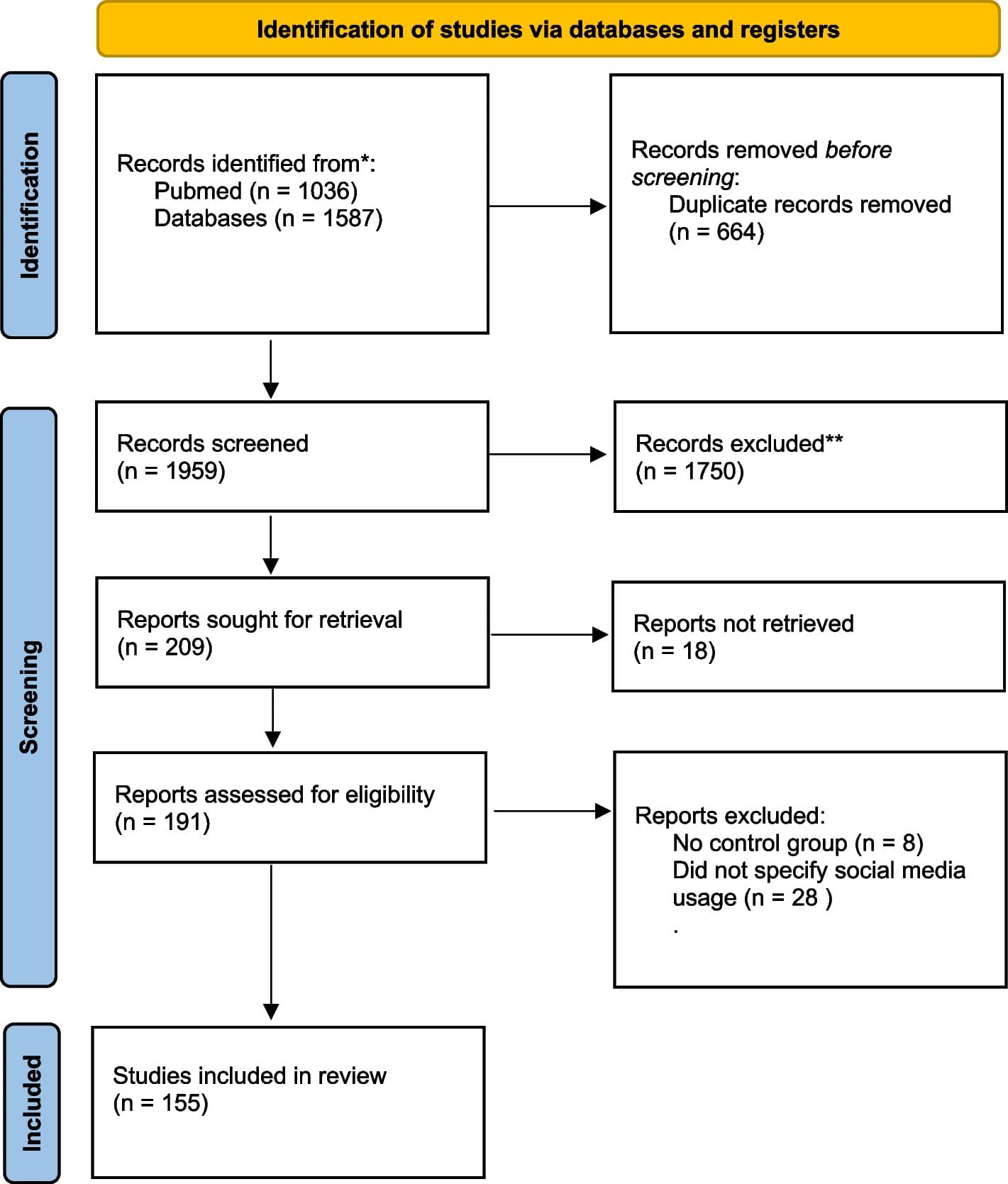Please join my mailing list here 👉 https://briankeating.com/list to win a meteorite 💥
Sabine (@SabineHossenfelder) argues that superdeterminism eliminates free will, challenging the idea of causal choice and possibly undermining science if the laws of physics govern all phenomena. However, inspired by daily life experiences in Southern California, I present a defense of indeterminism, countering the claim that everything is predetermined, while also exploring the ideas of cosmologists Raphael Bousso and Alan Guth.
Sabine Hossenfelder, a theoretical physicist, has argued in favor of superdeterminism, a theory that suggests the universe is deterministic and that our choices are predetermined.
Does Superdeterminism save Quantum Mechanics? Or does it kill free will and destroy science? https://www.youtube.com/watch?v=ytyjgIyegDI
According to her, the apparent randomness in quantum mechanics is an illusion, and the universe is actually a predetermined, clockwork-like system. She claims that if we knew enough about the initial conditions of the universe, we could predict every event, including human decisions.
Hossenfelder’s argument relies on the idea that the randomness in quantum mechanics is not fundamental, but rather a result of our lack of knowledge about the underlying variables. She suggests that if we could access these “hidden variables,” we would find that the universe is deterministic. However, this argument is flawed.
For example, consider the double-slit experiment, where particles passing through two slits create an interference pattern on a screen. Hossenfelder would argue that the particles’ behavior is predetermined, and that the apparent randomness is due to our lack of knowledge about the initial conditions. However, this ignores the fact that the act of observation itself can change the outcome of the experiment, a phenomenon known as wave function collapse.





